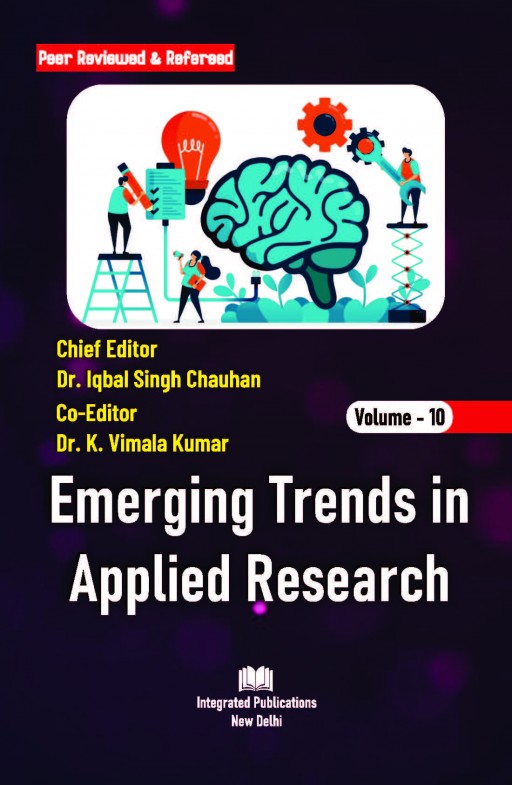Malaria remains a significant public health concern worldwide, causing substantial morbidity and mortality, particularly in tropical and subtropical regions. Accurate and timely laboratory diagnosis is essential for effective management and control of malaria, guiding appropriate treatment and reducing transmission. This review explores the evolution of diagnostic methodologies, emphasizing the strengths and limitations of microscopy, rapid diagnostic tests (RDTs), and molecular techniques. Emerging technologies such as loop-mediated isothermal amplification (LAMP) and CRISPR-based diagnostics are highlighted for their potential in enhancing diagnostic accuracy and accessibility. The review also delves into the critical role of laboratory diagnosis in epidemiological surveillance, vaccine development, and public health interventions. Finally, it addresses the impact of climate change, technological integration, and healthcare system strengthening on the future of malaria diagnostics.
Copyright information
© Integrated Publications.

